
- Home
- Author: roger
All posts by: roger

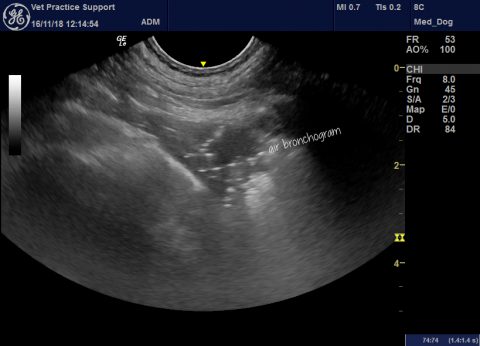
Potential association between proton pump inhibitor (PPI) use and pneumonia in dogs
A putative link is reasonably well-documented in people: PLoS One. 2015 Jun 4;10(6):e0128004. doi: 10.1371/journal.pone.0128004. eCollection 2015.Risk of community-acquired pneumonia with outpatient proton-pump inhibitor therapy: a systematic review and meta-analysis.Lambert AA1, Lam JO2, Paik JJ3, Ugarte-Gil C4, Drummond MB1, Crowell TA5. https://www.ncbi.nlm.nih.gov/pmc/articles/PMC4456166/ ‘Outpatient PPI use is associated with a 1.5-fold increased risk of community-acquired pneumonia, … Continue reading
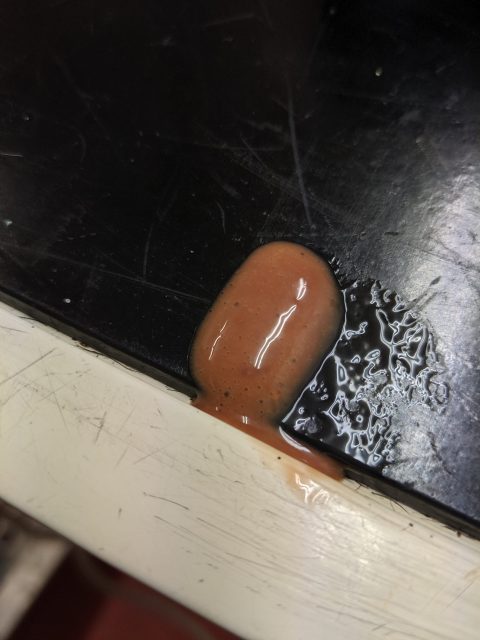
An acute enterocolitis in cats with striking sonographic features: is this a novel disease entity?
In recent years I’ve seen a series of cats with a striking syndrome of acute, severe diarrhoea of unknown cause. The more I see of these; the more I’m suspicious it’s a disease entity which isn’t fully described in the published literature. The three recent cases described below are typical representatives of the phenomenon. All … Continue reading
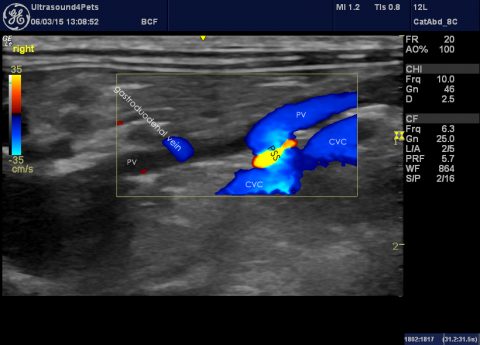
More on portosystemic shunts in cats and dogs with normal post-prandial bile acids
Just a snippet of information -but something I’ve always struggled to find published confirmation of in the past: that both cats and dogs with portosystemic shunts may have normal range pre- and post-prandial bile acids. I note that in the recent JVIM paper: J Vet Intern Med. 2019 Nov 19. doi: 10.1111/jvim.15649. [Epub ahead … Continue reading
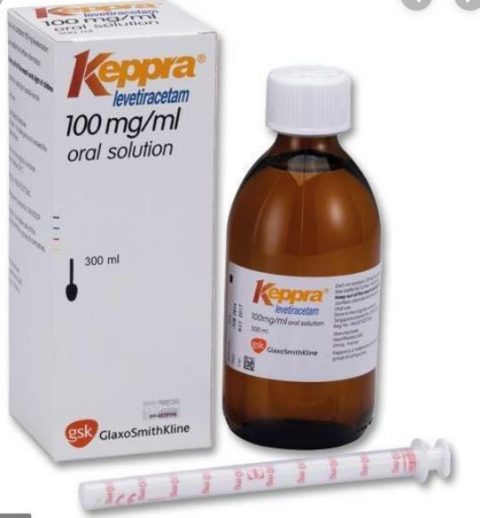
An update on the prophylactic use of peri-operative levetiracetam in dogs undergoing portosystemic shunt attentuation
This is an interesting snippet of recently-published information from Utrecht which I hadn’t seen until today: https://dspace.library.uu.nl/handle/1874/362993 ‘Postligation seizure syndrome (PLS) is described in 5-18% of the dogs postoperative to ligating the extrahepatic shunt and is mostly seen within 72 hours after surgery(1). Scientific literature claims a preventative effect of a preoperative treatment with levetiracetam, … Continue reading
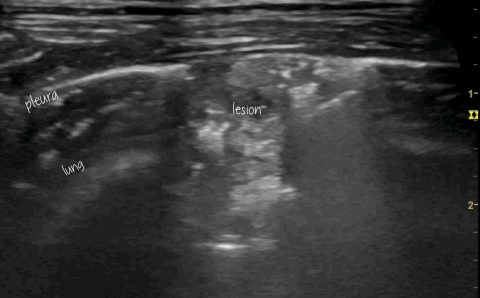
Lung ultrasound in the diagnosis of presumed pulmonary mycobacteriosis in a cat
Surprisingly, considering the wealth of information on conventional bacterial pneumonia, there is little published on the features of pulmonary TB in people. Int J Environ Res Public Health. 2018 Oct; 15(10): 2235. Potential Diagnostic Properties of Chest Ultrasound in Thoracic Tuberculosis—A Systematic Review Francesco Di Gennaro,1,2,† Luigi Pisani,3,4,† Nicola Veronese,5 Damiano Pizzol,6,* Valeria Lippolis,4 Annalisa … Continue reading
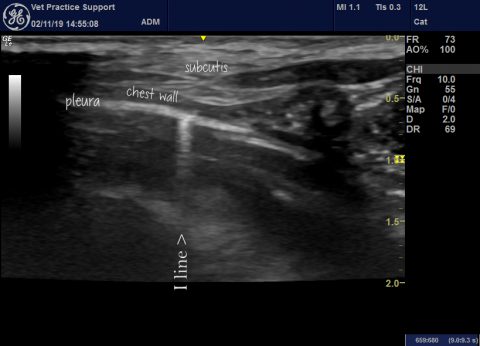
Lung ultrasound: contusions, interstitial syndrome, A, B, C, E, I and Z-lines explored
I reckon lung ultrasound must be one of the most profound developments in veterinary medicine during my career. The facility to diagnose rapidly, and with high degree of confidence, pneumonia, pulmonary oedema, contusions, pneumothorax and neoplasia is a phenomenal advance. Having arrived in our tool-kit in the last 10 years, this is still an evolving field. In this … Continue reading
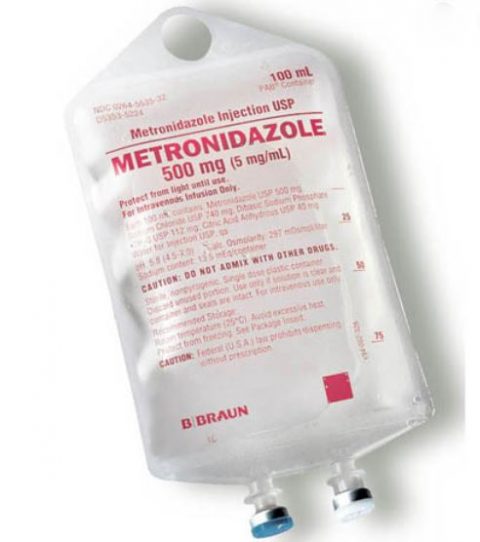
The case against the use of metronidazole in canine canine diarrhoea gains traction
I’ve been uneasy for a while about the drugs we often use in acute vomiting/diarrhoea dogs. Metronidazole being high on the list. Recent evidence supports the contention that metronidazole isn’t necessary. And that’s not taking into account any possible longer-term adverse effects on gut microbiota. Front. Vet. Sci., 04 June 2019 | https://doi.org/10.3389/fvets.2019.00163 A Randomized … Continue reading
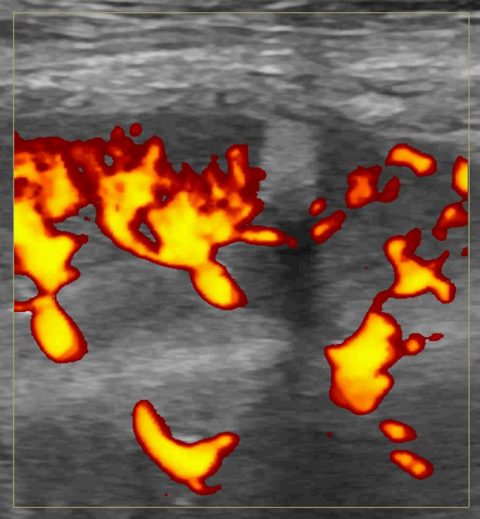
Renal infarcts in dogs: a few images
Renal infarcts in cats are common and, in my experience, usually associated with a history of ureteral obstruction. Renal infarcts in dogs are altogether less common. This is the left kidney of a Cocker Spaniel with a history of severe IMHA one year previous: Now, this is a more acute presentation: … Continue reading
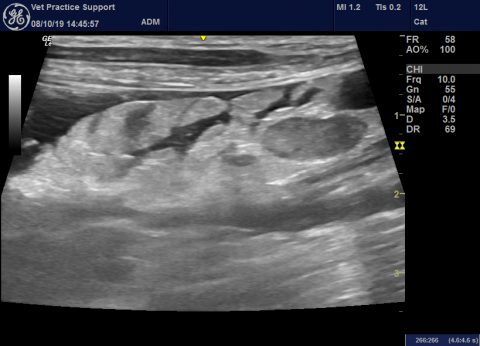
Sonographic features of Leptospirosis in dogs in the UK
There’s a nice recent article on the subject of ultrasound findings in dogs with lepto: Vet Radiol Ultrasound. 2018 Jan;59(1):98-106. doi: 10.1111/vru.12571. Epub 2017 Nov 1. Prospective evaluation of abdominal ultrasonographic findings in 35 dogs with leptospirosis. Sonet J1, Barthélemy A2, Goy-Thollot I2, Pouzot-Nevoret C2. https://www.ncbi.nlm.nih.gov/pubmed/29094440 by ….but that was in France and, now, … Continue reading





